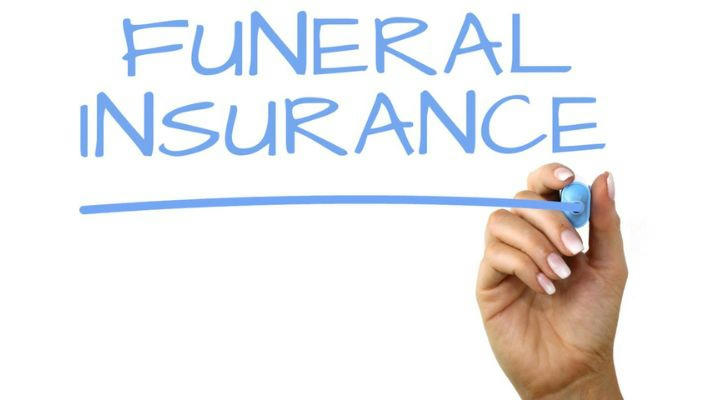understanding funeral insurance a comprehensive guide
Funeral insurance, also known as burial insurance or final expense insurance, is a type of policy designed to cover the costs associated with a funeral and other end-of-life expenses. With the average cost of a funeral in the United States ranging from $7,000 to $12,000, having a financial plan in place can alleviate the burden on your loved ones during an already difficult time. This article explores the different types of funeral insurance, how prices vary across states, and the discounts and offers available, helping you make an informed decision.

Types of Funeral Insurance
1. Pre-Need Funeral Insurance
- What it covers: This type of insurance is purchased directly from a funeral home and covers specific services and products chosen by the policyholder.
- Why it's important: It allows you to plan and pay for your funeral in advance, ensuring your wishes are met.
2. Final Expense Insurance
- What it covers: Final expense insurance provides a lump sum payout to your beneficiaries, which can be used to cover funeral costs, medical bills, and other end-of-life expenses.
- Why it's important: It offers flexibility, allowing your loved ones to use the funds as needed.
3. Simplified Issue Life Insurance
- What it covers: This type of policy provides a death benefit without requiring a medical exam, though it may include a health questionnaire.
- Why it's important: It is easier to qualify for, making it accessible to individuals with health issues.
4. Guaranteed Issue Life Insurance
- What it covers: Guaranteed issue policies provide coverage without a medical exam or health questions, but often come with higher premiums and a graded death benefit.
- Why it's important: It ensures coverage for individuals who may not qualify for other types of insurance due to health concerns.

Comparison of Funeral Insurance in Different States
Funeral insurance requirements and costs can vary significantly from state to state. Here are some key differences:
1. Regulatory Environment
- California: Has stringent regulations to protect consumers, including caps on premiums and requirements for clear disclosure of policy terms.
- Texas: Offers a more lenient regulatory environment, which can result in a wider variety of policy options but also requires careful scrutiny.
2. Average Costs
- New York: Known for higher funeral costs, which can influence the premiums for funeral insurance policies.
- Florida: Typically has lower average funeral costs, which can result in more affordable premiums.
3. State-Specific Programs
- Michigan: Offers state-sponsored programs to help low-income residents cover funeral expenses.
- Arizona: Has unique programs that provide additional benefits for veterans and their families.
Funeral Insurance Prices
Several factors influence funeral insurance prices, including:
1. Age
- Premiums generally increase with age, as the risk of passing away within the policy term rises.
2. Health Status
- Individuals in good health typically receive lower premiums, while those with pre-existing conditions may face higher costs.
3. Coverage Amount
- Higher coverage amounts result in higher premiums, but also provide more financial security for your loved ones.
4. Policy Type
- Guaranteed issue policies often have higher premiums compared to simplified issue or pre-need policies.
5. Location
- Funeral costs vary by region, influencing the premiums for funeral insurance policies.
Funeral Insurance Discounts and Offers
Insurance companies offer various discounts to help you save on premiums. Here are some common ones:
1. Multi-Policy Discount
- Offered when you bundle funeral insurance with other types of insurance, such as life or health insurance.
2. Group Discounts
- Available through employers, associations, or other groups, providing lower rates for members.
3. Loyalty Discounts
- Some insurers offer discounts to long-term policyholders who renew their policies consistently.
4. Healthy Lifestyle Discounts
- Non-smokers and individuals who maintain a healthy lifestyle may qualify for lower premiums.
5. Pay-in-Full Discount
- Paying your annual premium in one lump sum rather than monthly installments can result in discounts.
6. Military Discounts
- Active duty and retired military personnel may be eligible for special discounts.
Conclusion
Navigating the world of funeral insurance can be complex, but understanding the different types of coverage, how prices vary by state, and the discounts available can help you make an informed decision. By carefully evaluating your needs and shopping around, you can find a policy that offe
